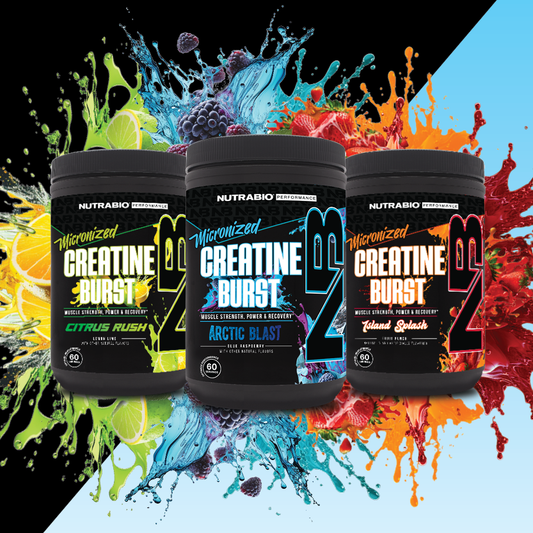Guest Post By Dr. Dave Hale
Working out is something that many of us feel we should do more of.

Whether that means running, biking or hitting the gym. The hope is that by training, we’ll be able to build our conditioning to the goal level we have set for ourselves. Possibly, this means burning more fat, which in turn will give us the physique that we’re looking for.
Thus, we go about creating these elaborate training programs, filled with multiple workouts throughout the week. We combine this with some kind of diet that involves eating a very specific number of calories and we generally just force ourselves to live in discomfort for days and months to reach our goals.
Except come day two, we will often already have abandoned that goal. Why? Because it’s just too intense to stick too and we were too ambitious. If you’re already tired and you’re inactive most evenings as a result, how do you intend to add 5 hours of training to your current routine? And how do you intend to do all that while also factoring in 30 minutes of travel, washing and cool down after each session? Or when taking into account a calorie deficit giving you less energy than you would normally have?
Be Realistic

The first problem with this type of training and thus the first thing you need to fix is your ambition. It’s great to be realistic of course – but not at the extent of being unrealistic. There’s only so much you can expect your body to accomplish in a given week and your energy (not just your time) is finite. Instead of starting with five one hour workouts, who about starting with three half hour ones? And find other ways to make it easier too; such as training from home.
Focus on the Vision

What’s also important is that you focus on your vision and your “goal”. Why is it that you want to work out? What are you hoping to achieve? What would it feel like to have that body and conditioning you’ve always wanted? To feel confident and energetic?
It’s too easy to miss that connection between our goal and the steps we have to take to get there. So, to make sure that you’re driven in the right direction, really focus on that goal and what it can deliver you. Really imagine what it will feel like to accomplish your goals and use this to drive you!
How to Fuel Your Brain with Energy

What is your fitness philosophy?
In other words: what was the reason you came up with for why you train and exercise? What is it that you hope to achieve by being physically active?
Many of us train because we want to look better. Some of us train because we want to be healthier and stave off disease. Others train because they want to perform better at a particular sport or activity they enjoy.
But I have a different reason for training: I train because I want to change the way I feel and because I want to change my mindset. And this is also one of the driving factors behind my diet choices.
Tiredness

One of the biggest limiting factors in most of our lives – one of the things that most prevents us from achieving all that we want to achieve – is tiredness. You wake up in the morning and instead of leaping out of bed filled with enthusiasm, you instead struggle to drag yourself up and to actually start being productive. Then you get home and instead of doing something fun, interesting or productive, you instead just crash on the sofa and watch day-time TV. Sound familiar?
Everything you do is less enjoyable when you’re tired. All of your decisions are worse. All of your challenges are harder. And I’m not talking about physical tiredness – I’m talking about mental tiredness. And that’s what you can actually fix with the right training program and diet, unbeknownst to many.
How to Increase Brain Energy

So how can you increase energy in your brain? One method is to increase the strength of your heart. If you do this, then you’ll be able to pump more blood, oxygen and nutrients to your brain, thus allowing it to perform more optimally. How do we do this? With steady state cardio. This means the kind of cardiovascular exercise that involves long durations of exercise. I’m a runner, so I run. You possibly rather bike, swim or take part in some other sort of cardio exercise. Whatever it is, research has shown that by keeping at it for at least five days per week and 30 to 40 minutes per session, you can help to increase the efficiency of your heart. This also reduces stress by helping you to lower your resting heart rate and thus produce less cortisol.
Also important is to increase the efficiency of your mitochondria. These are the parts of the cells that turn glucose into usable energy and the more you have and better they function, the less tired you will feel. You can increase these with a combination of cardio training and foods/supplements that are known to support them such as CoQ10, PQQ, l-carnitine and others.
So, in the end, we can have our training and conditioning goals, but without the proper fuel to our bodies and brain, we’ll be dead in the water. Going forward, you want to ensure you are eating the proper amount of macro-nutrients for your weight and goals, along with possible supplementation to support energy production for your training and mental focus.


